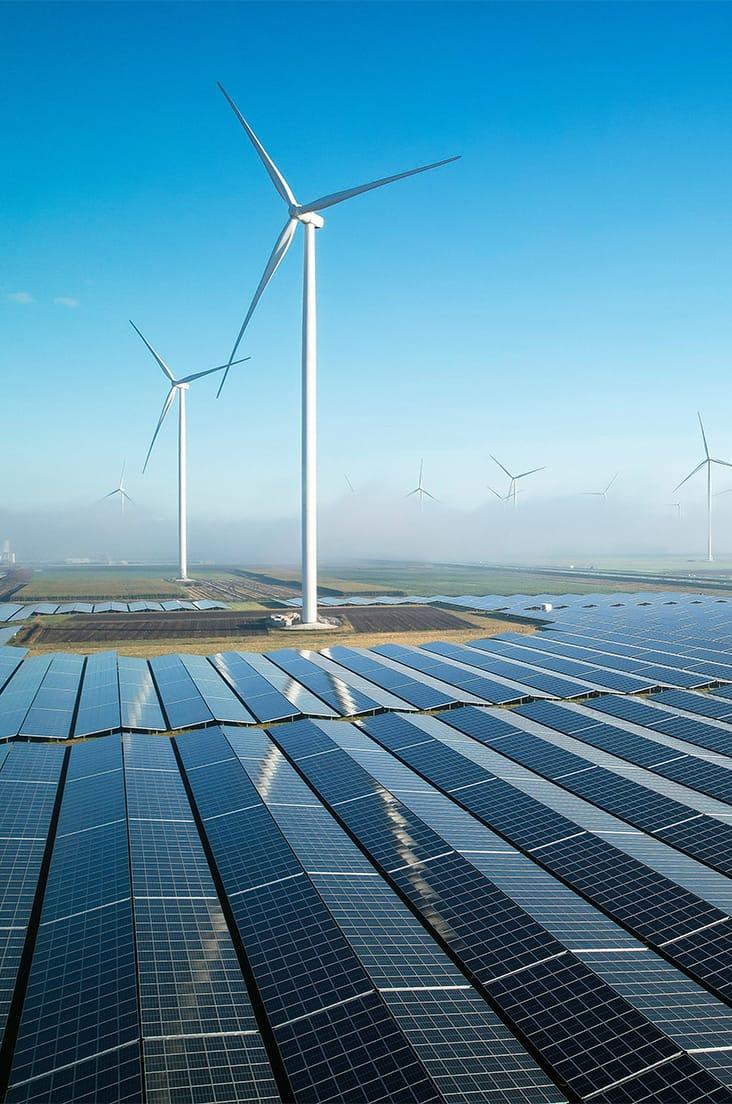Regional Links
Filter insights
Insights
Explore RSM's solutions and services
Explore RSM's insights
The latest global insights and knowledge from RSM, to help you move forward with confidence. Explore cutting-edge analysis and forward-thinking perspectives on the key issues facing businesses and organisations around the world.
The latest global insights and knowledge from RSM, to help you move forward with confidence. Explore cutting-edge analysis and forward-thinking perspectives on the key issues facing businesses and organisations around the world.
Insights






